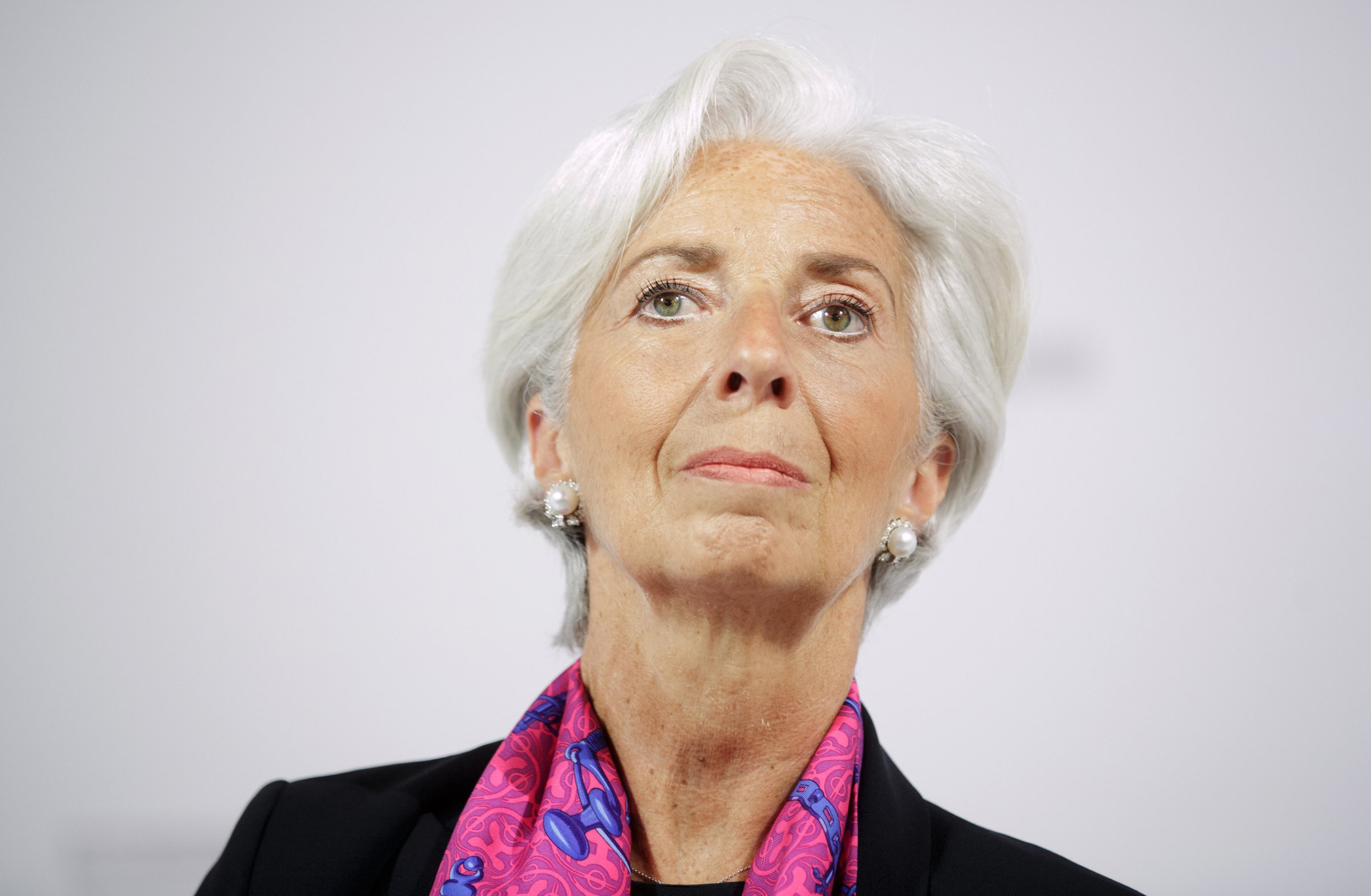
Christine Lagarde, the sumptuously smooth-talking head of the International Monetary Fund (IMF), has been convicted of negligence in office while she was serving as Finance Minister of France back in 2008. But the fire department of the global financial system shouldn’t be too badly affected by the conviction. Here’s why:
What did Lagarde do?
The IMF chief was convicted of waving through a €403 million ($421 million) compensation payout to a businessman, Bernard Tapie, who was an ally of her boss, the then-president Nicolas Sarkozy, despite several warning signs that the related case was sketchy. (Click here to read more about the trial.)
Is she going to jail?
No. She isn’t even being fined. The presiding judge declined to hand down any sentence.
How come?
Even the state prosecutors said that the case was very weak and shouldn’t have been brought to trial. The prosecutor general Jean-Claude Marin had said the trial was in essence a question of “complicity or nothing at all,” suggesting strongly that he thought it was the latter. However, the judge ruled that the way Lagarde acted did technically meet the legal definition of negligence.
If it’s so trivial, how did it come to trial?
The payout itself had already been canceled by the courts as inappropriate, which begged for Lagarde, the presiding minister, to be held to account. But ultimately, this affair has always been about the Socialist Party revenging itself on Tapie, who had been a Socialist minister in the early 1990s before falling out with the party and throwing his support behind its rivals on the right. To that extent, Lagarde’s trial was just collateral damage, although the Socialists were obviously happy for any opportunity to embarrass a political opponent.
What happens to Lagarde now?
The IMF’s spokesman Gerry Rice said in a brief statement Friday that “it is expected that the Board will meet again shortly to consider the most recent developments.” The Board, which is dominated by representatives of the U.S. and European governments, had given Lagarde its strong backing all through the trial and had only 10 months ago voted to give her a second five-year term in office. But any conviction is bound to undermine Lagarde’s authority. After all, one of the things that the IMF routinely does to countries asking for bailouts is to rake over the financial negligence (and worse) of their governments.
If she is forced to stand down, who will replace her?
It may be someone from outside Europe, for a change. The IMF has only had Europeans as permanent managing directors since its inception in 1946, and emerging countries, which represent a much larger share of the global economy than they did 70 years ago, are chafing to get more representation at the top. If Lagarde is asked to step down, she would be the fourth European managing director in a row to leave under some sort of cloud, which would embolden calls for a change in direction. Interestingly, the IMF’s Secretary these days is Jianhai Lin, a Chinese national educated at Berkeley.
Did you say the fourth?
Lagarde’s predecessor, Dominique Strauss-Kahn (another former French finance minister) stood down after lurid accusations that he sexually abused an African-born maid at a New York hotel (charges were later dropped). Before him, the (former Spanish finance minister) Rodrigo Rato had resigned early, citing personal reasons. He subsequently resurfaced as president of what subsequently became Bankia, Spain’s third-largest bank, which went bankrupt within two years. In 2015, he was charged with fraud, embezzlement and money-laundering. He is awaiting trial. Before him, the German Horst Köhler had stepped down for the relatively innocuous reason of preferring the largely ceremonial office of Federal President. He still irked many by giving the impression that the stewardship of the IMF was just a holding pen for middle-aged white men looking for better offers.
So the European global elite may lose control of the IMF at last?
Not necessarily. The Eurozone is desperate to keep the position for one of its own, because the IMF has been a vital part of the bailouts for Greece, Ireland, Portugal, Spain and Cyprus. Non-Europeans have argued that the Fund broke its own rules by joining the bailout of Greece in particular, because Greece was, by any objective measure, bankrupt. Lagarde finally bowed to such concerns and withheld support from the latest bailout. That is now putting pressure on Germany and France (above all) to write off a lot of their claims on Greece–pressure that neither Berlin nor Paris wants ahead of elections in 2017. Historically, the Eurozone has been able to count on U.S. support for their candidate, but the incoming Trump administration–no friend of the liberal elite that runs Europe–may be tempted to look for an alternative.
This article originally appeared on Fortune.com
More Must-Reads from TIME
- Donald Trump Is TIME's 2024 Person of the Year
- Why We Chose Trump as Person of the Year
- Is Intermittent Fasting Good or Bad for You?
- The 100 Must-Read Books of 2024
- The 20 Best Christmas TV Episodes
- Column: If Optimism Feels Ridiculous Now, Try Hope
- The Future of Climate Action Is Trade Policy
- Merle Bombardieri Is Helping People Make the Baby Decision
Contact us at letters@time.com